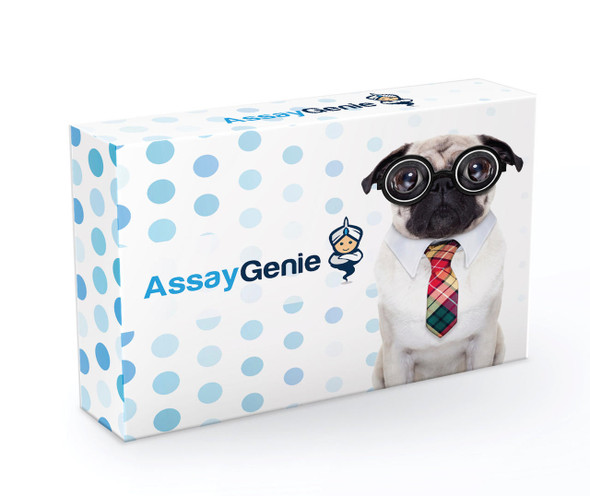Chlamydia Monoclonal Antibody [NYRChlam LPS] (CPAB0464)
- SKU:
- CPAB0464
- Product Type:
- Antibody
- Antibody Type:
- Monoclonal Antibody
- Reactivity:
- Universal
- Host Species:
- Mouse
- Isotype:
- IgG2b
- Clone:
- NYRChlam LPS
Description
Chlamydia Monoclonal Antibody [NYRChlam LPS] (CPAB0464)
The Chlamydia Antibody (CPAB0464) is a polyclonal antibody designed for research involving Chlamydia, a bacterium that causes the sexually transmitted infection chlamydia. This antibody is highly reactive with Chlamydia samples and is validated for use in various laboratory applications.Chlamydia is a common sexually transmitted infection that can lead to serious health complications if left untreated. Research on Chlamydia antibodies is crucial for developing accurate diagnostic tests and effective treatments for this infection.
The CPAB0464 antibody binds specifically to Chlamydia antigens, allowing for the detection and analysis of Chlamydia in samples from infected individuals. This antibody is ideal for use in studies on the epidemiology, pathogenesis, and treatment of Chlamydia infections.Overall, the Chlamydia Antibody (CPAB0464) is a valuable tool for researchers studying Chlamydia and working towards better understanding and managing this prevalent sexually transmitted infection.
| Product Name: | Chlamydia antibody |
| Product Sku: | CPAB0464 |
| Size: | 500μg |
| Host Species: | mouse |
| Immunogen: | Purified Chlamydia LPS. |
| Clone: | NYRChlam LPS. |
| Reactivity: | Other bodies |
| Applications: |
| Purification Method: | Ion exchange column. |
| Isotype: | IgG2b |
| Background: | Chlamydia is a common term for infection with any bacterium belonging to the phylum Chlamydiae. This term derives from the name of the bacterial genusChlamydiain the family Chlamydiaceae, order Chlamydiales, class and phylum Chlamydiae. There are two genera in Chlamydiaceae: Chlamydia and Chlamydophila. The genus Chlamydia includes three species: C. trachomatis, C. muridarum, and C. suis. |
| Synonyms: | |
| Storage Buffer: | In lyophilized form, for long periods, store at 4°C in a dry environment. After reconstitution, if not intended for use within a month, aliquot and store at -20°C. |



